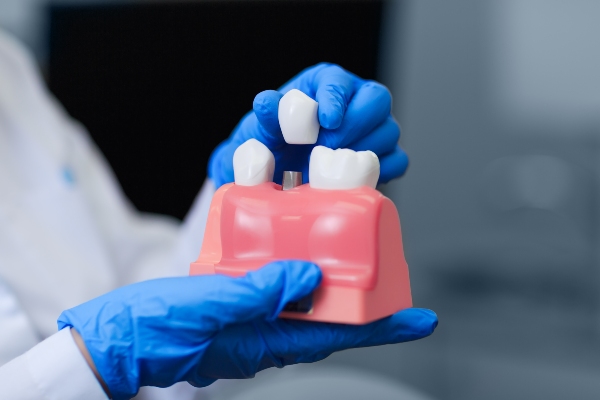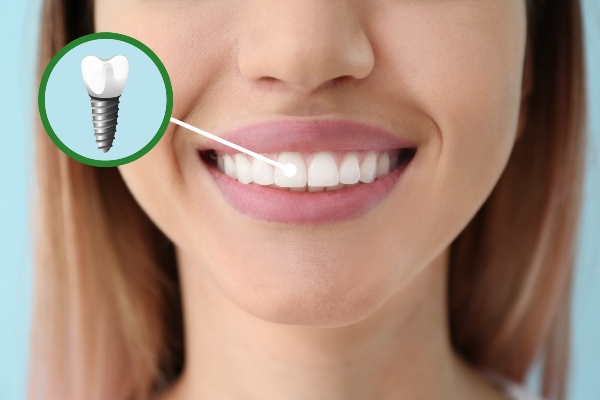 Patients have likely heard from a dental practice in the past that fluoride is critical to good oral health. However, some patients do not know about the advantages of fluoride and might have some questions. They might wonder how to incorporate it into a daily routine. Keep reading to learn more about why fluoride is so essential.
Patients have likely heard from a dental practice in the past that fluoride is critical to good oral health. However, some patients do not know about the advantages of fluoride and might have some questions. They might wonder how to incorporate it into a daily routine. Keep reading to learn more about why fluoride is so essential.
What is fluoride, and what does it do?
Fluoride is a type of mineral, and it is highly abundant. The fluoride can enter the water, which is why there is often so much of it. However, there are also fluoridation programs aiming to increase the amount of fluoride in water. That way, the community can stay better protected against cavities. It is also suitable as a mouth rinse when brushing the teeth.
What is the effect of fluoride on the teeth?
The fluoride can go on the teeth, applied by a dental practice. Or patients can ingest it. But no matter how it enters the body, the mineral can replenish the patient’s lost minerals. Plaque buildup often comes from sugars or starches from the foods. That weakens the tooth’s enamel and minerals, causing small holes to form. If untreated, it can lead to decay.
When new teeth are forming, for children, fluoride can be highly beneficial. And tubes of toothpaste also have fluoride in them. That can mix with the saliva, coating the enamel with a protective layer. It can protect the teeth from sugars and acids in foods. There are several benefits of fluoride, including:
- Removing acids that can wear out the tooth’s enamel
- Protecting the enamel from demineralization
- Breaking down acids from foods on the teeth
How can patients get more fluoride?
Fluoride is a great way to protect from foods’ harsh acids, which can cause the teeth to break down. The mineral also protects the teeth against bacteria, which might attack the gums or teeth. Patients can incorporate more of the mineral in the daily routine and diet. That might include products rich in fluoride. There are several types of mouthwashes and tubes of toothpaste that can do that.
It is not good to have too little or too much fluoride in the water. The Department of Health and Human Services has recommended having around 0.07 milligram of fluoride in every liter of water. Patients can look at the levels of fluoride in their areas. The dental practice can also give a patient, professional fluoride treatments. Some treatments have a concentrated type of fluoride that can protect the teeth from cavities. That might be useful for patients suffering from periodontal disease.
Visit a dental practice to incorporate fluoride more
Patients can get a better oral care routine by adding more fluoride to the diet. That includes drinking more beverages high in fluoride. That can protect patients more from cavities. The right dental practice can provide patients with information about using products with fluoride in them. Scheduling an appointment is the first step in learning more about this critical mineral.
Recent Posts
A dental practice offers a range of dental services, and one of those is the exam and cleaning. Designed to help prevent tooth decay, these services involve removing plaque and bacteria. The practice also offers patient education, so patients know how to care for the teeth while at home. These practices can help a patient…
Each dental practice has its specializations when it comes to oral care. Even so, they have one thing in common. Dental practices provide valuable brushing and flossing tips. The aim of doing so is to guide patients as they go about their personal oral hygiene practices.Plaque transforms into tartar in 24-36 hours. When it comes…
A dental practice can elevate one’s dental health. Being gifted with good teeth does not mean that they will last forever. Once permanent teeth are set in, maintaining dental health is crucial. Extending that care into one’s home makes sure that teeth and gums keep off dental problems. Here are some tips for practicing proper…


